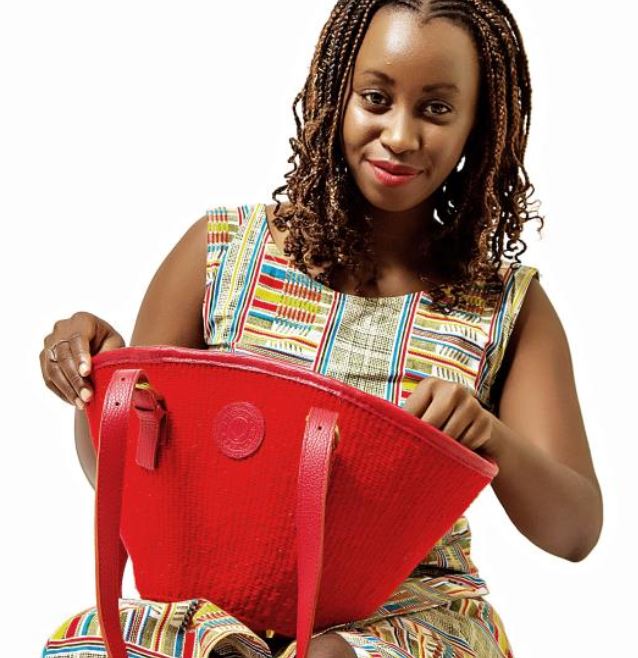
“Growing up, we would visit my great grandmother in Kyekoyo, Kamba land. In the mornings I’d watch her walk down to the edge of the compound and cut sisal, then she’d twist it and make a kiondo,” says Ivy Nitta, founder of Kiondoo Kulture, a social enterprise that designs, creates and sells hand woven baskets.
Ivy Nitta was recently nominated for the Social Founder of the Year Award at the FOYA Awards. The Social Founder of the Year Award recognizes business personalities who have brought positive impact to their societies, which is exactly what Ivy has done by contracting elderly women in her ancestral village, Kyekoyo, to make handwoven baskets.